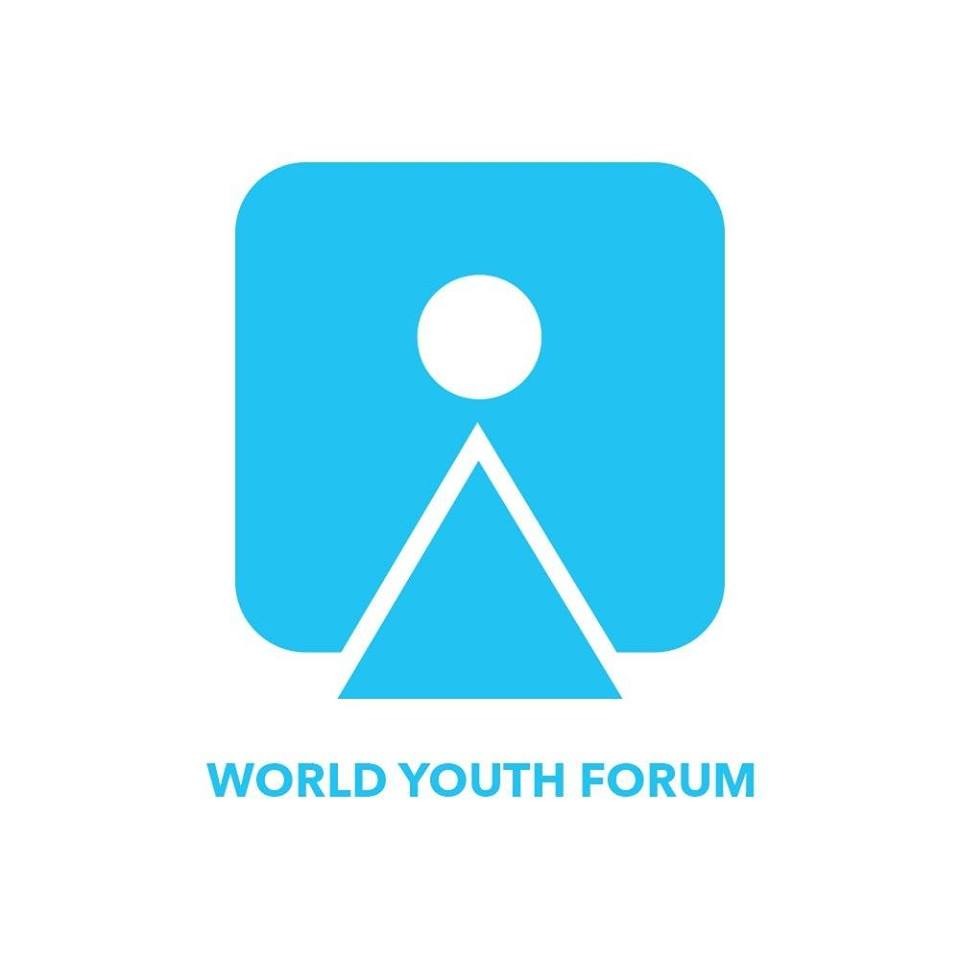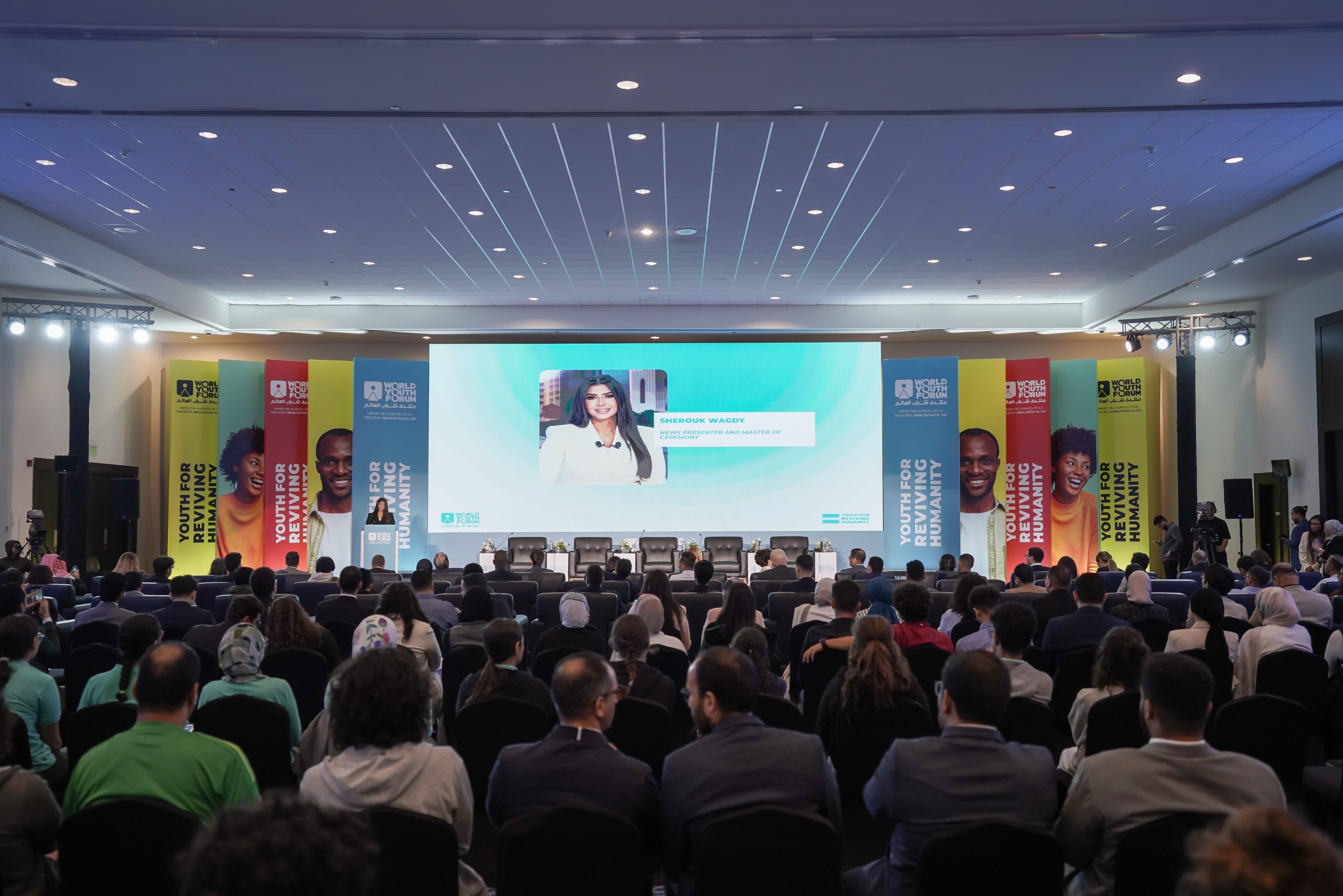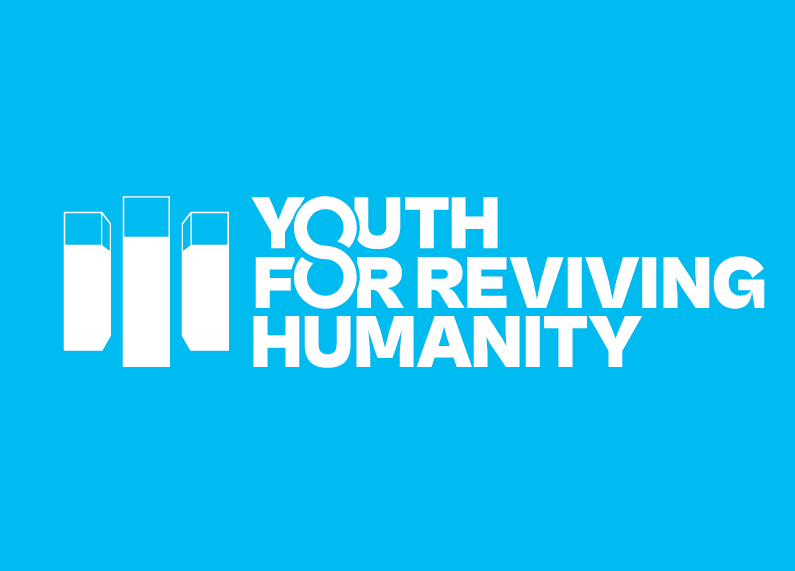Share

During the second day of the World Youth Forum, a session entitled “The Future of Health Care in a Post-Pandemic World” was held, and a selection of speakers participated in the session; They are Dr. Khaled Abdel Ghaffar, Minister of Higher Education and Scientific Research and Acting Minister of Health, Jerome Fontana, Head of the International Mission of the Red Cross, Naima El Kassir, Representative of the World Health Organization in Egypt, Alan Sheikh, Adviser to Tomorrow Global Foundation, and Ahmed Oguil, Vice President of the African Council For Prevention and Disease Control, Marco Tobi, Advisor to the Japan International Cooperation Agency, Riad Armanios, Managing Director of Eva Pharma, and Sameh Talaat, teacher at the German University of Bonn and the Egyptian Future University.
The session opened with a video presentation on the impact of the coronavirus pandemic, the suffering of developing countries in obtaining a vaccine, and the role of international cooperation to confront the pandemic.
At the beginning of the session, Dr. Khaled Abdel Ghaffar, Minister of Higher Education and Scientific Research and Acting Minister of Health, pointed to the need to participate and support scientific research. Abdel Ghaffar also reviewed the success of the Egyptian experience in facing the crisis, which was the result of investment in the development of the health system from 2014 until Now, the health system’s flexibility in dealing with the repercussions of the pandemic, in addition to the use of technology and data science in analyzing numbers and estimating the future.
For her part, Naima Al-Qusair, the representative of the World Health Organization in Egypt, stressed the importance of solidarity and localization of scientific research and the participation of the public and private sector in facing the crisis, noting that the health budget is not a luxury, and the importance of comprehensive health insurance that allows access to service without discrimination.
Agdam Oguil, Vice-President of the African Council for Prevention and Control of Diseases, also recommended strengthening the role of African regional national institutions, strengthening health emergency response capacities, establishing partnerships between the public and private sector, and the need to adopt a new health care system that would strengthen health care on the African continent. Oguel also warned of the problem of importing most vaccines from outside the continent, which poses a threat to the security of the continent, recommending solidarity between countries to localize the vaccine industry and health products on the continent.
Jerome Fontana, head of the International Mission of the Red Cross, stressed the importance of strengthening health capacities and having networks to quickly deal with emergencies, stressing the importance of recruiting young people and providing them with the necessary training. And provide the necessary funding for the development of health systems.
Marco Tobi, advisor to the Japan International Cooperation Agency, touched on the agency’s role related to providing health support to nearly 48 African countries, to provide medical supplies and early detection of diseases, stressing the need for permanent preparedness because the Coronavirus pandemic will not be the last, citing that the world faced seven different pandemics in the last twenty years.
For her part, Alan Sheikh, Tomorrow Global Advisor, pointed out that the pandemic is a problem facing the entire world, so we must face it together by sharing knowledge in the field of health and international cooperation.
Dr. Riad Armenios, Managing Director of Eva Pharma, stressed that the solution to the crisis lies in enabling the localization of the vaccine industry, and pointed to the success of the first vaccine with pure Egyptian technology, which will start clinical trials soon.
Finally, Dr. Sameh Talaat, a teacher at the German University of Bonn and the Egyptian Future University, pointed out the need to rely on the use of programming and artificial intelligence in order to contribute to reducing pressure on the health system, stressing the need for a database of patients and linking it to the health system.
At the end of the session, a video was presented of the Egyptian experience and the presidential initiatives in the health system, such as 100 Million Seha and Universal Health Insurance.
The session ended with a recommendation to establish the largest factory for medical raw materials in Africa, establish an electronic platform that includes the youth of medical systems participating in the forum, open the door to training for African and Arab youth in Egyptian medical training institutions, and an initiative to train 1,000 African nurses to support the health system in Africa, and establish a medical team for rapid intervention under the auspices of the World Youth Forum and dissemination of the successful Egyptian experience in health care.
STAY IN THE LOOP





